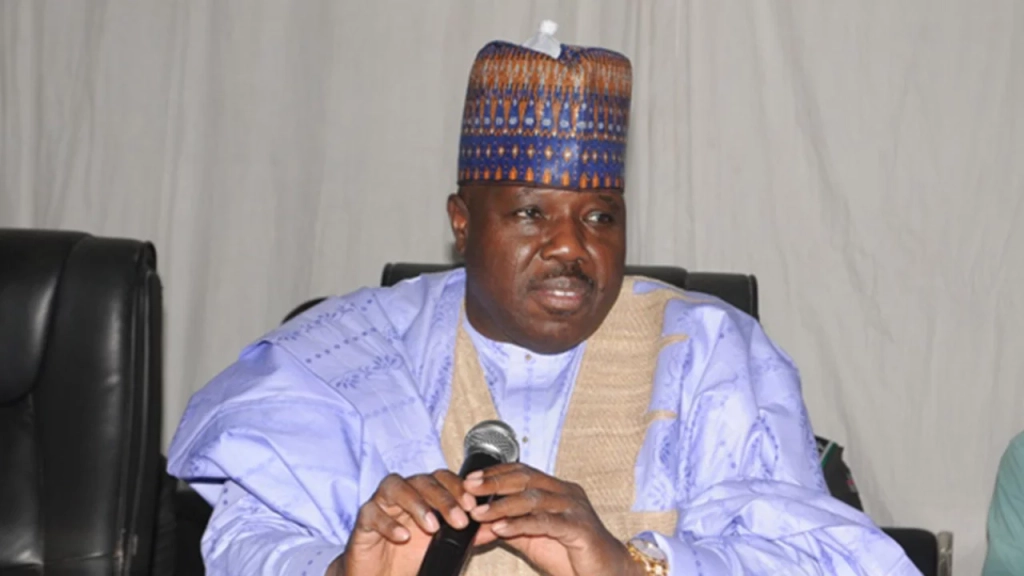A prominent Nigerian political figure asserted that President Bola Tinubu’s path to re-election in 2027 faces only two potential obstacles, sparking widespread discussion about the nation’s electoral future. Senator Ali Modu Sheriff, former governor of Borno State and a seasoned politician, stated during a televised interview on Monday that the incumbent president’s victory would be all but certain unless Nigeria cancels its elections or Tinubu opts out of the race.
Sheriff, who appeared on the prime-time program Politics Today on Channels Television, framed his remarks as a blunt assessment of political realities. “I can say without hesitation: The only scenarios that would prevent President Tinubu from securing a second term are if elections do not take place at all or if he chooses not to contest,” he declared. “Barring those possibilities, the landscape strongly favors him.” His comments come amid ongoing debates about Tinubu’s policy decisions, including economic reforms and security challenges, which have drawn both praise and criticism.
Though Nigeria’s next general elections remain three years away, speculation about potential candidates and alliances has intensified. Sheriff, a founding member of the ruling All Progressives Congress (APC), emphasized the unpredictability of Nigerian politics while downplaying concerns about opposition challenges. “Politics here is a game of strategy and realignment,” he noted. “But as it stands, the dynamics favor continuity unless external factors intervene.”
Analysts suggest Sheriff’s remarks reflect a broader sentiment within the APC, where Tinubu’s influence remains significant despite recent economic headwinds. Since assuming office in May 2023, the president has faced scrutiny over inflation, currency devaluation, and protracted security crises in regions like the northwest. However, his administration has also secured notable victories, including a landmark infrastructure bill and renewed international partnerships.
Sheriff’s reference to the potential cancellation of elections has drawn attention to Nigeria’s electoral history, which includes periods of military rule and contested polls. The Independent National Electoral Commission (INEC) has not signaled any intent to postpone or cancel the 2027 vote, though opposition parties have periodically raised concerns about electoral reforms and transparency.
As political jockeying continues, Sheriff’s commentary underscores the delicate balance between institutional stability and the ever-shifting allegiances that define Nigeria’s democracy. For now, the nation’s political class appears focused on navigating immediate challenges while quietly preparing for a contest that could reaffirm—or reshape—the current administration’s trajectory.
